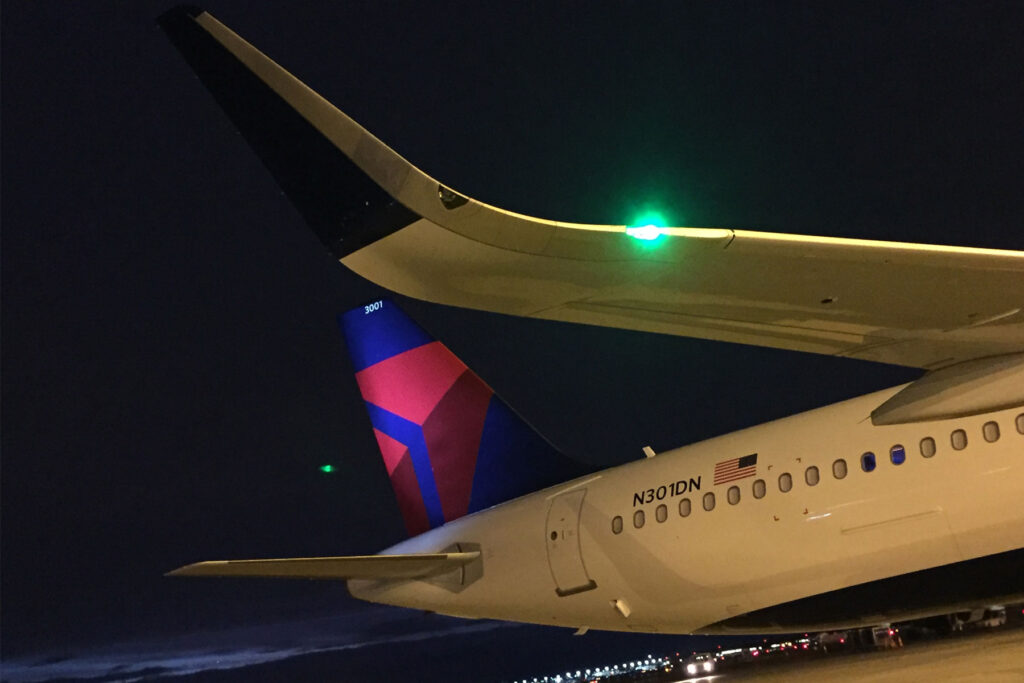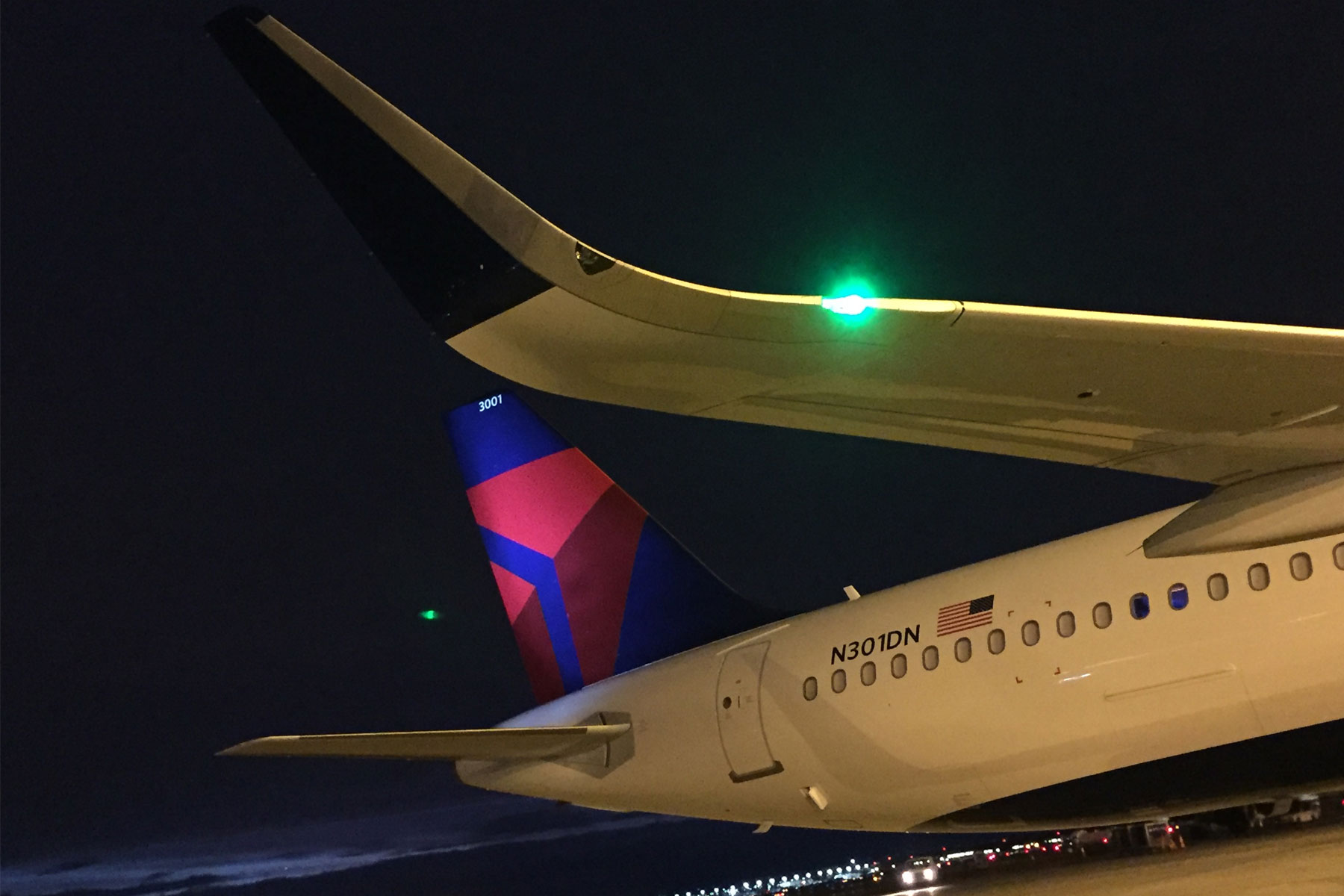Delta Reports $6.9 Billion Loss in Third Quarter 2020, Projecting Longer Recovery Timeline

The third quarter of 2020 was not kind to Delta Air Lines, as the COVID-19 pandemic continued to keep flyers at home. For the three months ending Sept. 30, 2020, the airline reported a GAAP pre-tax loss of $6.9 billion, a loss per share of $8.47 from total revenue of $3.1 billion.
Delta Air Lines is now conceding that recovery from the COVID-19 pandemic will be a much longer process, after taking their second major consecutive loss in the third quarter of 2020. The airline reports for the three-month period ending Sept. 30, 2020, Delta experienced a pre-tax GAAP loss of $6.9 billion, with a loss per share of $8.47.
Airline Turns Focus to Customer Service and Fleet Simplification for Recovery Plan
The $6.9 billion figure is inclusive of $4 billion in losses that can be directly attributed to the COVID-19 pandemic. This includes costs from fleet restructuring, along with voluntary separation and early retirement programs partially funded by a CARES Act grant. Despite this, the airline’s cash burn averaged $24 million per day over the quarter.
“While our September quarter results demonstrate the magnitude of the pandemic on our business, we have been encouraged as more customers travel and we are seeing a path of progressive improvement in our revenues, financial results and daily cash burn,” Ed Bastian, CEO of Delta, said in a press release. “The actions we are taking now to take care of our people, simplify our fleet, improve the customer experience, and strengthen our brand will allow Delta to accelerate into a post-COVID recovery.”
To those ends, the airline says they will now focus on three areas of improvement towards a post-COVID world. This includes customer service, fleet alignment and personnel management.
According to Delta’s figures, the Atlanta-based airline has refunded over $2.8 billion in airfare to customers in 2020 alone. In addition, like their legacy competition, the airline has eliminated change fees for most domestic fares, along with redeposit and reissuance fees on SkyMiles domestic reward tickets.
Yet, according to the U.S. Department of Transportation’s August 2020 Air Travel Consumer Report, Delta received the second-most complaints among the four biggest airlines in America, with 2,830 between January and June 2019. Since the pandemic began, the most common complaint the U.S. DOT is regarding refunds.
The airline is also adjusting their order book, with the goal of aligning their new orders with fleet retirement. Delta’s goal is to retire 200 aircraft by the end of this year, and 400 in total by 2025. In turn, the airline will delay certain orders with Airbus and CRJ, saving over $5 billion through 2022.
Finally, the airline says they have been able to avoid furloughs through early retirement programs, voluntary leave and job sharing. Around 18,000 Delta employees used these programs to take a planned leave from the carrier, paying $813 million in cash to the affected workers. The airline says they anticipate paying up to $200 million more before the year ends, and $600 million in 2021.
Despite losses, Delta Maintains $21.6 Billion in Liquidity
Even with the massive losses, Delta says they have $21.6 billion in liquidity, and spent only $2.6 billion in cash during the quarter. From the CARES Act Payroll Support Program funds, Delta took $701 million, including $491 million in grant funds and $210 million in low-interest, unsecured 10-year loans. However, looming overhead is $34.9 billion in total debt and finance lease obligations, including a $9 billion offering secured by the Delta SkyMiles loyalty program.
Delta is the first of the four major carriers to report their quarterly finances. United Airlines will announce their third quarter results on Oct. 15, 2020, while American Airlines will release their financials on Oct. 22, 2020.























